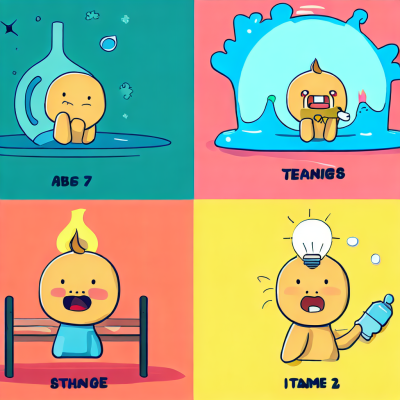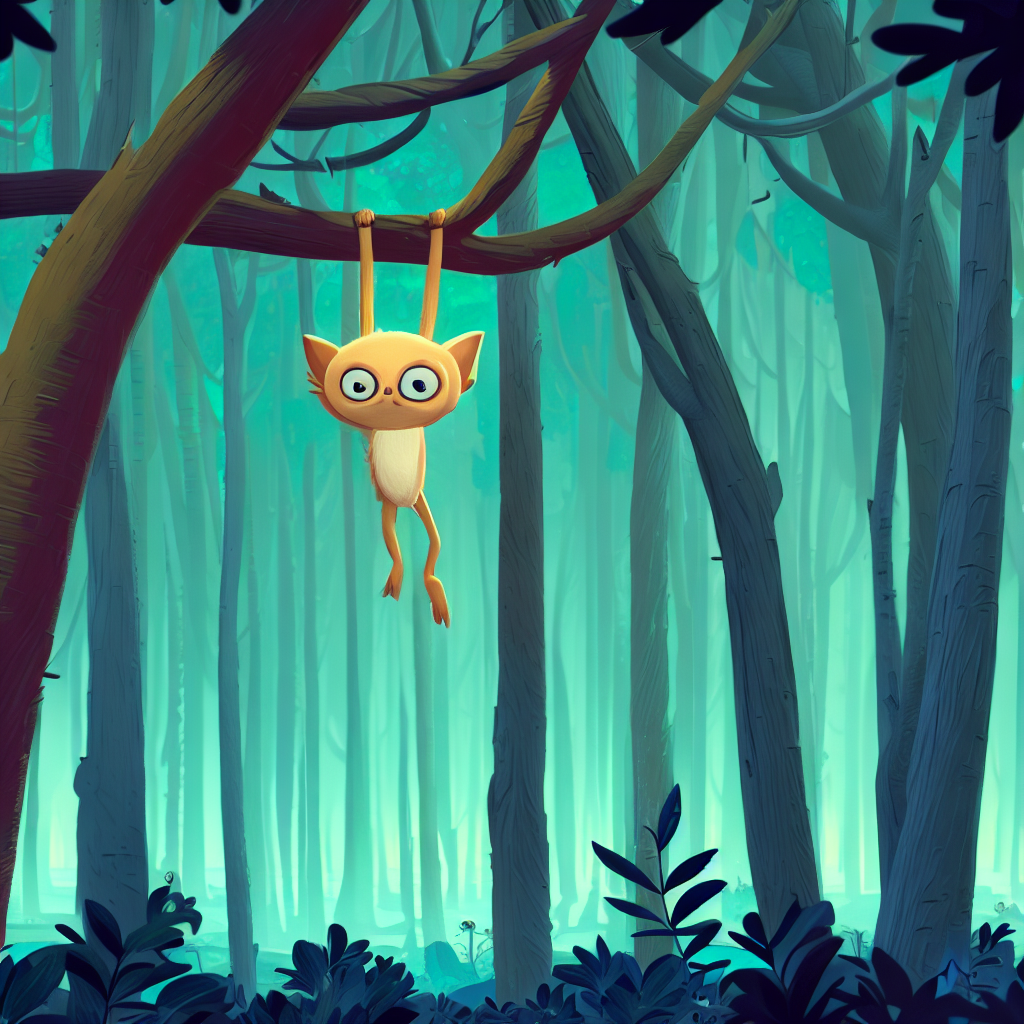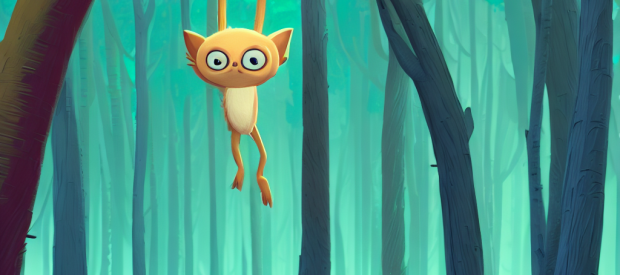Have you ever wondered how your brain develops and grows? Well, there’s a famous psychologist named Jean Piaget who dedicated his life to studying just that. Piaget’s Cognitive Development Theory helps us understand how our thinking changes and becomes more complex as we grow up.
Piaget believed that children, just like you, actively construct knowledge through their experiences and interactions with the world around them. He identified four stages of cognitive development that we all go through. Let’s explore these stages to get a better understanding of how your brain is growing and evolving.
Stage 1: The Sensorimotor Stage (Birth to 2 years old)
In this stage, you were an eager explorer, using your senses and motor skills to understand the world. Remember when you were a baby and everything went straight into your mouth? That’s because you were using your senses of taste and touch to learn about objects. You were also developing object permanence, realizing that objects still exist even if you can’t see them. This is why peek-a-boo was so much fun!
Stage 2: The Preoperational Stage (2 to 7 years old)
During this stage, your imagination was in full swing! You started using symbols, such as words and images, to represent objects and ideas. Remember how you loved playing make-believe and pretending to be a superhero or a princess? That’s your imagination at work! However, your thinking was still a bit limited. You may have struggled with understanding the concept of conservation, like realizing that a tall, skinny glass holds the same amount of juice as a short, wide glass.
Stage 3: The Concrete Operational Stage (7 to 11 years old)
Now you’re entering the stage where your thinking becomes more logical and concrete. You can now grasp the concept of conservation and understand that the amount stays the same even if the appearance changes. You’re also becoming more skilled at organizing objects into categories and understanding basic mathematical operations. Remember when you started learning how to add and subtract? That’s your brain developing new skills!
Stage 4: The Formal Operational Stage (11 years old and beyond)
Congratulations, you’re now in the stage where you’re starting to think like an adult! Your thinking becomes more abstract and hypothetical. You can now consider multiple perspectives, analyze complex problems, and think about future possibilities. This is the stage where you’re developing your critical thinking skills and becoming more independent in your thoughts and ideas.
Piaget’s theory reminds us that learning and growth are lifelong processes. Each stage builds upon the previous one, shaping your understanding of the world and how you think about it. So, embrace the journey and enjoy exploring and expanding your knowledge!
Keep in mind that everyone develops at their own pace, and it’s normal to have strengths and areas where you need more practice. Piaget’s theory helps us appreciate the incredible journey our brains go through as we grow and learn.
So, the next time you’re facing a challenge or trying to understand something new, remember that your brain is constantly evolving, and you have the power to learn and adapt. Embrace the wonder of cognitive development, and keep exploring the fascinating world of knowledge!











